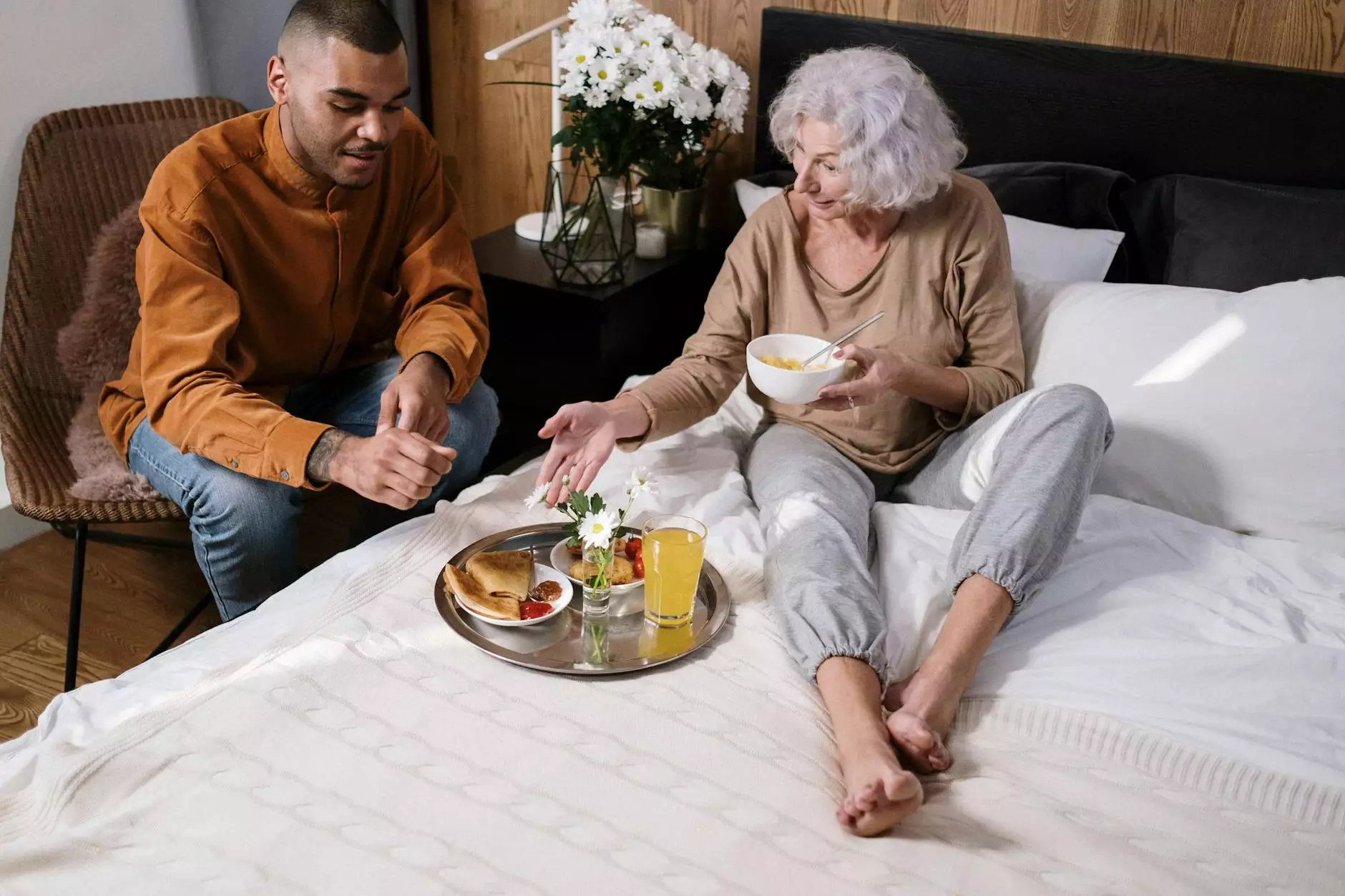Top 3 Best Practices for Healthcare Communications - Kimwell Nursing Home
Blog
Introduction
Welcome to Kimwell Nursing Home, a trusted name in the healthcare industry. In this article, we will explore the top three best practices for healthcare communications in the geriatric and aging care sector. Effective communication plays a crucial role in providing high-quality care to elderly individuals, and our experienced team at Kimwell Nursing Home is here to guide you through the most effective strategies.
1. Utilizing Clear and Concise Language
Clear and concise language is essential in healthcare communications, particularly when working with elderly patients. Using simple language that is easy to understand helps to minimize confusion and ensures that important information is properly conveyed. At Kimwell Nursing Home, our dedicated team of healthcare professionals emphasizes the importance of effective communication through clear and concise language.
Importance of Plain Language
Plain language is a communication style that aims to deliver information in a simple and straightforward manner. This approach eliminates complex medical jargon and technical terms, making it more accessible to elderly individuals. By utilizing plain language, healthcare providers can enhance patient understanding, improve compliance with treatment plans, and foster a trusting relationship with their patients.
Guidelines for Using Clear and Concise Language
- Use everyday vocabulary instead of medical terms whenever possible.
- Break down complex concepts into smaller, understandable pieces of information.
- Speak at a moderate pace, allowing patients ample time to process and comprehend the information.
- Encourage patients to ask questions and provide clarification when needed.
- Use visual aids, such as charts or diagrams, to support verbal explanations where appropriate.
2. Active Listening and Empathy
Active listening and empathy are vital components of effective healthcare communications. To address the unique needs of elderly individuals, it is crucial for healthcare providers to actively listen to their concerns and demonstrate empathy throughout the care journey. The team at Kimwell Nursing Home believes in providing compassionate care through active listening and empathy.
The Power of Active Listening
Active listening involves giving full attention to the person speaking, understanding their message, and responding appropriately. By actively listening, healthcare providers can gain a deeper understanding of their patients' needs, preferences, and challenges. This helps in tailoring personalized care plans and building strong interpersonal connections with patients.
The Role of Empathy in Healthcare Communications
Empathy is the ability to understand and share the feelings of others. Displaying empathy in healthcare communications fosters trust, reassurance, and emotional support. It allows healthcare providers to connect with their patients on a deeper level, creating a more meaningful and positive care experience. At Kimwell Nursing Home, we prioritize empathy in all our interactions with geriatric and aging care patients.
3. Utilizing Technology for Efficient Communications
Technology has transformed healthcare communications, providing new avenues for efficient and effective information exchange. Embracing technology enables healthcare providers to streamline communication processes and enhance patient care. Kimwell Nursing Home remains at the forefront of utilizing technology for seamless healthcare communications.
Benefits of Technology in Healthcare Communications
- Instant access to electronic health records, ensuring up-to-date information is readily available.
- Secure and encrypted messaging platforms for confidential communication between healthcare professionals.
- Telehealth services, allowing remote consultations and reducing in-person visits, especially for patients with limited mobility.
- Online portals that offer convenient access to medical records, appointment scheduling, and patient education materials.
- Digital tools for monitoring and tracking patient progress, promoting proactive communication between healthcare providers and patients.
Conclusion
Effective healthcare communications are crucial for achieving optimal patient outcomes. By utilizing clear and concise language, actively listening with empathy, and leveraging technology, healthcare providers can enhance communication in the geriatric and aging care sector. At Kimwell Nursing Home, we are committed to implementing these best practices and providing exceptional care to our patients.










